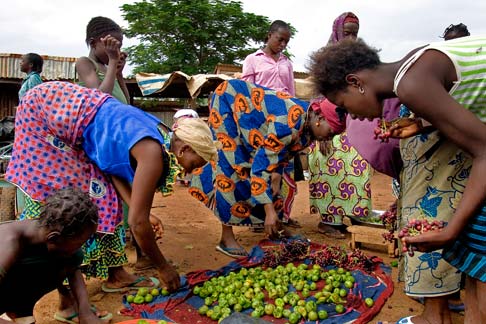Two billion women and girls globally lack access to any form of social protection, the UN Women’s latest report shows.
The report is published on the organisation’s website ahead of the Oct. 17 International Day for the Eradication of Poverty.
It focused on harnessing social protection for gender equality, resilience and transformation.
It revealed a widening gender gap in social protection, the raft of policies including cash benefits, unemployment protection, pensions and healthcare, leaving women and girls more vulnerable to poverty.
According to UN Women, while levels of social protection have increased since 2015, gender gaps in such coverage have widened in most developing regions.
This, the UN agency, said suggested that recent gains benefitted men more than women.
In an statement earlier, UN Women said the report was presented by its Director of Policy, Programme and Intergovernmental Division, Sarah Hendriks, at a joint event with the UN Department of Economic and Social Affairs.
It quoted Hendriks to have said the potential of social protection for gender equality, resilience and transformation was enormous.
“To harness this, we need to centre the dignity and empowerment of women and girls at every stage of the process, from policy and programme design to delivery and financing.”
It also showed the state of maternity protection across the globe.
It indicated that in spite of advancements, more than 63 per cent of women worldwide still gave birth without access to maternity benefits, with the figure soaring to 94 per cent in sub-Saharan Africa.
“Lack of financial support during maternity leave not only places women at an economic disadvantage. It also compromises their health and well-being and that of their children, perpetuating poverty across generations.”
It added that women aged 25-34 are 25 per cent more likely to live in extremely poor households than men in the same age group.
This inequality was said to be exacerbated by conflict and climate change.
“Women in fragile contexts are 7.7 times more likely to live in extreme poverty compared to those in non-fragile environments.
“Gender-specific risks and vulnerabilities are often neglected in the aftermath of shocks.
“For example, very high rates of inflation since 2022, which have led to spiraling food and energy prices, hit women particularly hard.
“Yet, out of nearly 1,000 social protection measures adopted by governments across 171 countries in the months that followed, only 18 per cent targeted women’s economic security, the report showed,” it said.
It called on governments to provide women and girls with sustainable pathways out of poverty by prioritising their needs in social protection measures and crisis responses. (NAN)


